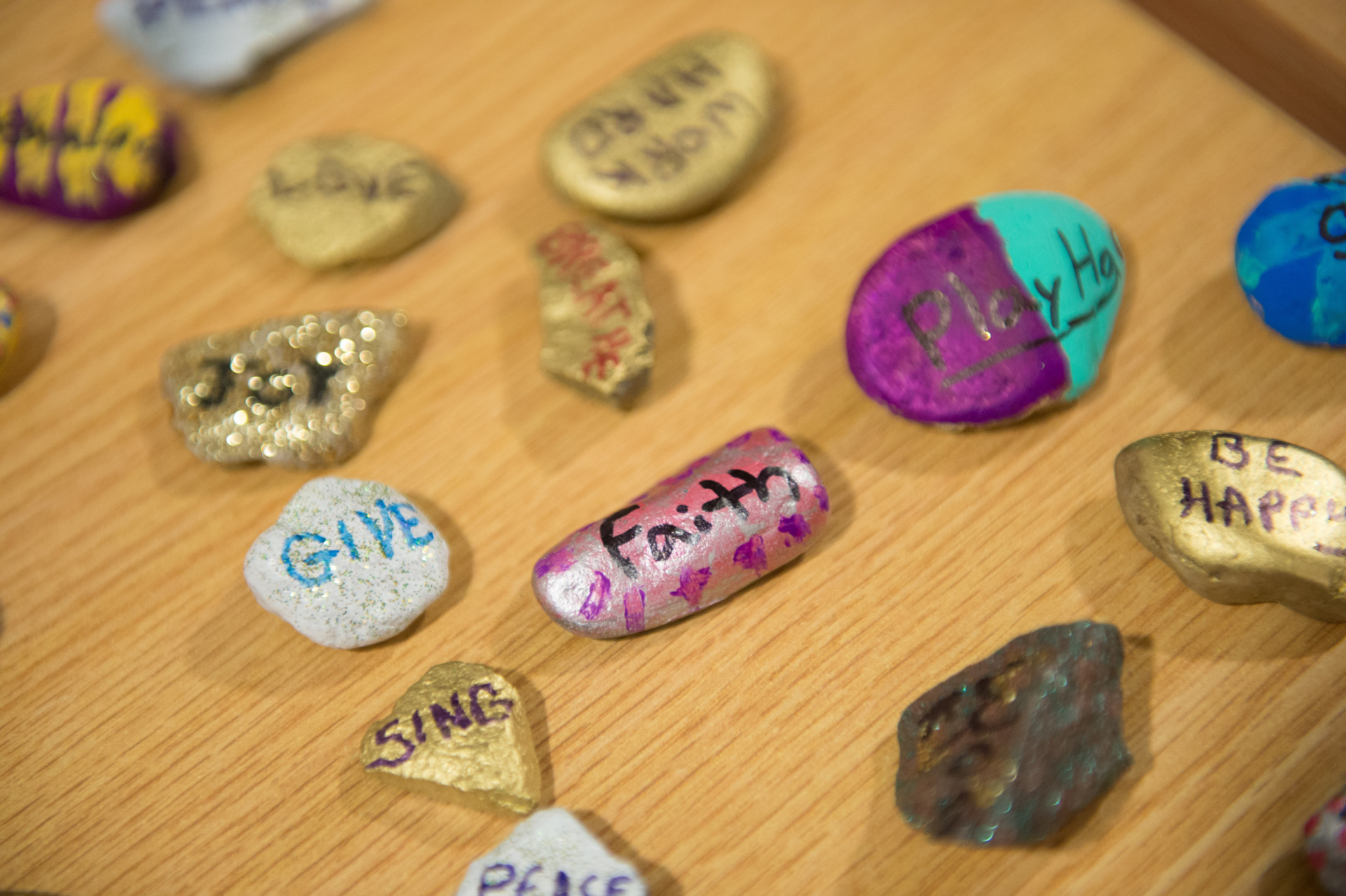
As the calendar year draws to a close, many cultures and belief traditions observe a number of days of celebration. To help Colorado State University faculty and staff be mindful of these important dates, a subcommittee of the President’s Commission on Diversity and Inclusion has developed a Faith, Belief and Religious Observances calendar that is now available as part of the University-wide calendar.
The calendar has been in development for nearly a year and a half, according to Alicia Sprague, program coordinator in the Office of the Vice President for Diversity and a member of the calendar subcommittee.
“Considering the multitude of faith and belief systems that are practiced by members of the CSU community, we felt it was important for our students, faculty, and staff to understand that there are holidays being celebrated year-round,” she said. “We hope the calendar is a resource for our community to improve our faith and belief literacy and to better support one another.”
Suggestions?
As the Faith, Belief and Religious Observances calendar is an evolving and inclusive list, future suggestions are welcome. To have a new date considered, include date(s), community, and description of the observance and email Alicia Sprague.
It can also be used to consider how to celebrate different observances in the office.
See how one unit on campus celebrates all the holidays.
The subcommittee gathered input from a wide number of individuals on campus and in the Fort Collins community as well as conducting original research to determine the appropriate holidays and celebrations to include on the calendar.
“We’re not the Christmas police,” said Ria Vigil, assistant vice president for inclusive organizational practice. “We just want to give everyone on campus the resources they need to follow best practices for inclusion, for employees and students.”
Religious accommodations
Another important function of the Faith, Belief and Religious Observances calendar is for considering requests for religious accommodations.
For employees, a reasonable religious accommodation is any adjustment to the work environment that will allow for the practice of religion. Breaks, flexible scheduling, voluntary substitutions or swaps, and lateral transfers are examples of accommodating an employee’s religious beliefs. Requests should be made to your supervisor and will be considered on a case-by-case basis to determine whether undue hardship would result from the accommodation.
Students seeking an exemption from attending class or completing assigned course work for a religious holiday will need to fill out the Religious Accommodation Request form and turn it in to the Division of Student Affairs, on the second floor of the Administration building. Students can obtain a form online or from the Division of Student Affairs.
Another spiritually oriented on-campus resource for both CSU students and employees is Atlas Tanudjaja, MDiv, the spiritual care resident in the CSU Health Network for the 2018-2019 academic year. Atlas has served as a chaplain in a variety of institutional and community settings and is driven to provide care that is intersectional and accessible to all, especially the marginalized members of the community.
“There are many ways of believing and seeking meaning,” Vigil added. “It’s an important part of who we are at CSU that we can be respectful of each other, and be better together.”